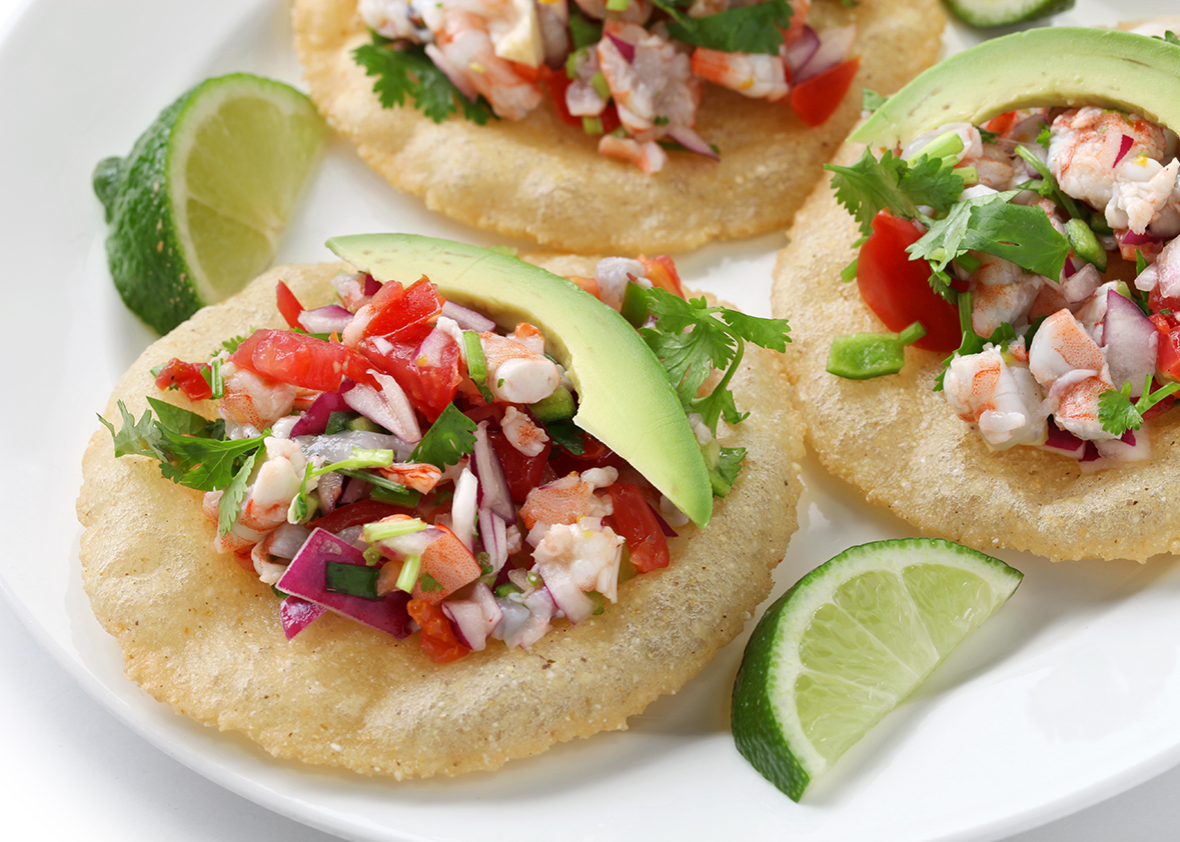Imagine how full our already overcrowded jails would be if every vendor of blueberry bake-sale muffins got collared for selling illegal foodstuffs from elementary-school gymnasiums. Imagine how many millions of dollars we’d have to funnel into the carceral system to accommodate the influx of juveniles running lemonade stands, elderly women selling jams at county fairs, and every perpetrator involved in nefarious church-basement spaghetti dinners.
This is the world envisioned by the law enforcement officials of California’s San Joaquin County, who arrested Mariza Reulas, a single mother of six, for selling a plate of ceviche to someone through a food-sharing Facebook group. In a sting operation last December, an undercover investigator contacted Reulas to try to buy a seafood dish through the “209 Food Spot” page, a group used for people in the 209 area code to share recipes, set up potlucks, and facilitate one-off sales of homemade food items.
Now, Reulas is preparing to stand trial for operating an unpermitted business and food preparation facility, two misdemeanor charges that could land her in jail for up to a year. Fox 40 reports that the sting led to charges against a dozen other “209 Food Spot” users, too, since the majority of the group’s members don’t have permits to sell food. They all took plea deals. Reulas opted not to accept a deal that would have required her to plead guilty to at least one of the charges for three years’ probation, a $235 fine, and 80 hours of community service.
“It was just, like, unreal that they were saying that you could face up to a year in jail,” Reulas told Fox 40. The food-trading and -selling in the group is informal, she says, and doesn’t constitute normal business operations: “Somebody would be like, ‘Oh I don’t have anything to trade you but I would love to buy a plate,’ like they’d be off of work.”
Reulas reportedly told a commenter that she and her daughters would cook ceviche “for fun on a weekend we didn’t have anything to do” and wouldn’t consider becoming a permitted business because she isn’t trying to make “an extreme amount of money.” Cooking and selling food is “not something I want to do daily lol or even weekly,” she wrote.
“I don’t write the laws; I enforce them. And the legislature has felt that this is a crime,” the county’s deputy district attorney told Fox 40. Now that homemade ceviche sales are getting the prosecutorial attention they deserve, perhaps law enforcement will throw the full force of the law at our country’s other major threat to food safety and common decency: affirmative-action bake sales.
